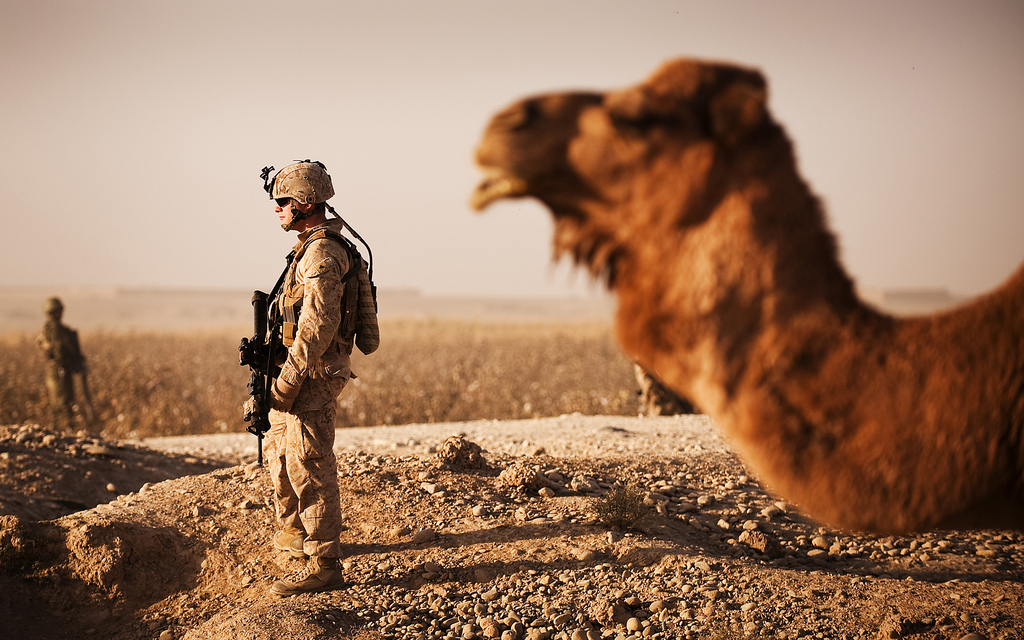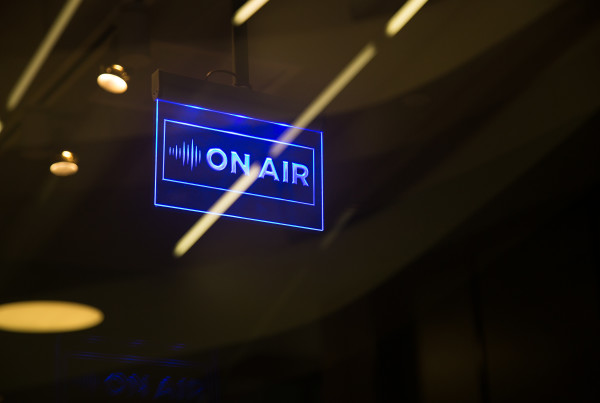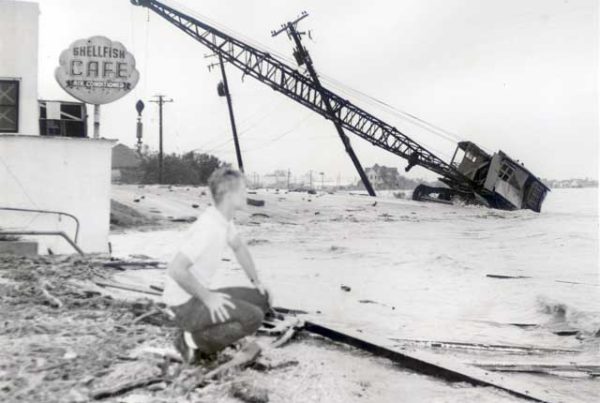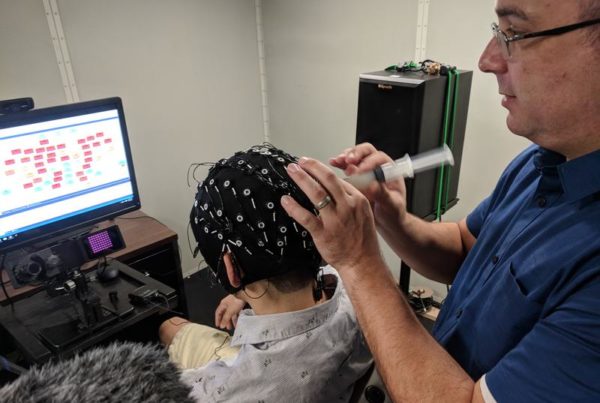When al-Qaida claimed responsibility for the September 11th attacks, the terrorist group was the target of that war that followed. But now, 17 years later, that war, and the terrorist groups targeted by the U.S. have evolved. This week, after a car bombing that left nearly 50 people dead in Kabul, fingers are pointing at other groups, like the self-proclaimed Islamic State and the Taliban. But what happened to al-Qaida?
Ryan Crocker is a former U.S. ambassador to several nations, including Afghanistan and Syria. He is on leave from an appointment as executive professor at Texas A&M.
Crocker says al-Qaida continues to operate, and believes it is still in the game. And that makes them dangerous.
“Defeat is a concept that only has meaning in the mind of the defeated,” Crocker says. “If an adversary feels defeated, he is defeated. If he doesn’t, he isn’t.”
Many top al-Qaida leaders are dead – killed by U.S. forces – but many, especially at the third tier of leadership, have been replaced quickly.
“Each time we take one off the field, another one steps up,” Crocker says.
Crocker says continued U.S. pressure on al-Qaida has likely staved off potential large-scale terrorist attacks.
“They’re trying to stay alive and find cover,” he says.
But the group is forging relationships with the Taliban, their best hope to regain influence they’ve lost. Crocker points out that al-Qaida was able to plan the 9/11 attacks in a Taliban-controlled Afghanistan.
“What they count on in all this is, not just in Afghanistan, but in Syria and in Iraq, is that we will run out of patience,” he says. “…Because we pretty much generally do that.”
Written by Shelly Brisbin.
















